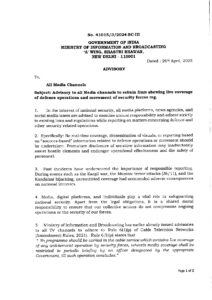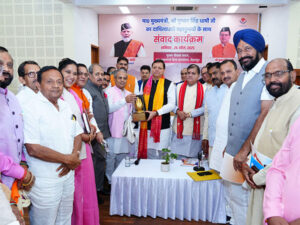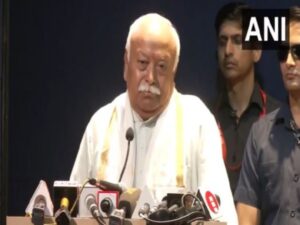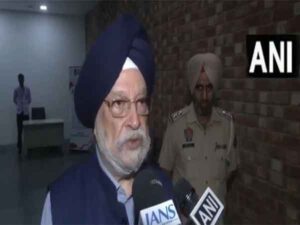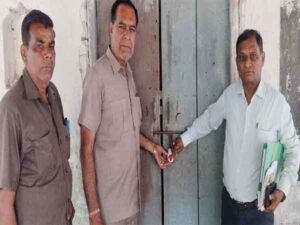“Tight slap on face of all those…”: Congress’ Supriya Shrinate after SC halts property demolitions nationwide until October 1
New Delhi [India], September 17 (ANI): After the Supreme Court ruled that no property demolitions should occur across the country without court permission until October 1, Congress leader Supriya Shrinate stated on Tuesday that the decision is a severe rebuke to those engaging in the “dirty politics” of bulldozers by disregarding the judiciary.
Shrinate said, “The Supreme Court has made it clear that this country will be governed by the Constitution, not bulldozers. The court’s decision is a tight slap on the face of all those indulging in the dirty politics of bulldozers by ignoring the judiciary. The truth is that actions like these are carried out by anarchist elements, not by elected officials.”
“Bulldozer action is unconstitutional,” she added.
However, the Supreme Court clarified that its order does not apply to unauthorised constructions on public roads, footpaths, and similar areas.
A bench of Justices BR Gavai and KV Viswanathan issued the order while hearing a series of petitions challenging the practice of demolishing properties.
The court stated that if unauthorised constructions, whether temples, mosques, or other religious structures, exist on public roads, footpaths, or railway lines, the stay on demolitions will not apply.
The Supreme Court is hearing multiple petitions concerning the bulldozing of immovable properties. One petition highlighted the growing trend of illegal demolitions in the country, where such actions are increasingly used as a form of extra-legal punishment, particularly targeting minorities and marginalised communities.
The petitioner requested that the court ensure no punitive actions are taken against residential or commercial properties of accused individuals in criminal proceedings, emphasising that all demolitions must strictly follow the law. The plea also called for strict action against officials involved in illegal demolitions without following due process.

